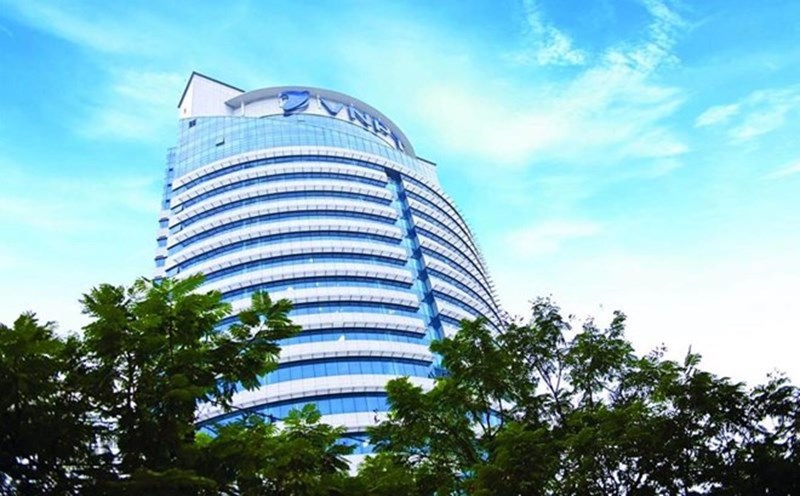On June 24 (US time), the US government decided to provide $30 million in aid to the Gaza Humanitarian Relief Fund (GHF), a group that is controversial for its relief distribution activities in conflict areas.
This is the first time Washington has directly financed GHF, despite previously diplomatically supporting the organization.
The money from the US Agency for International Development (USAID) was approved according to priority directives from the White House and the Ministry of Foreign Affairs and some international newspapers reported that 7 million USD had been disbursed. Subsequent aid payments worth $30 million a month could continue to be approved.
The controversial decision comes as several US officials have expressed concern about the GHF's lack of experience and operations in a violent environment, where more than 400 Palestinians have died since Israel lifted a relief blockade on May 19. The victims were mainly shot or hit by artillery shells when approaching US and Israeli delivery points located in the Militarized Zone.
A senior UN official in the Palestinian territory - Mr. Jonathan Whittall - said that some people died from shelling by Israeli forces, others were attacked by armed gangs while waiting to receive food.
Despite these concerns, GHF is exempted from auditing and security review procedures are often applied to organizations that receive funding from USAID for the first time. GHF is currently collaborating with Safe reach Solutions - a logistics company run by former CIA officers - and UG Solutions - a security contractor that uses armed US veterans.
A GHF spokesperson said that they had distributed 40 million meals and denied the information about being robbed, asserting that "the relief goods were being transported to a safe place". The organization called on the United Nations and other groups to cooperate to improve access to Gaza residents.
Meanwhile, sources revealed that Israel had asked the Trump administration to provide $500 million in aid to GHF. Some US officials opposed funding the agency over concerns about its ties to companies for profit and the ability to control relief distribution points.
However, the US still chooses to provide funding for GHF while UN humanitarian activities continue to be hampered by Israel's restrictions and looting on the ground. The United Nations has affirmed that if relief sources are guaranteed to be stable, plundering will decrease.











